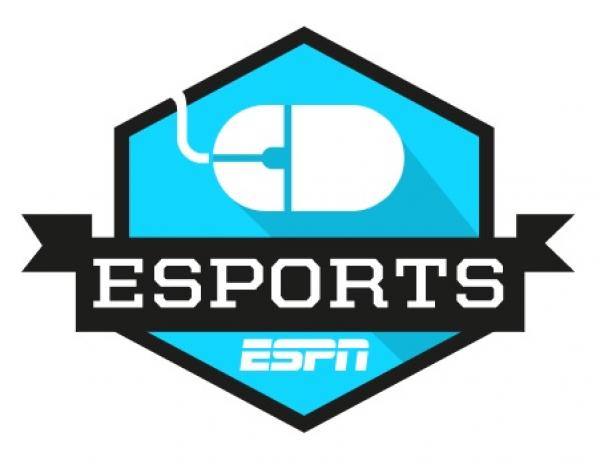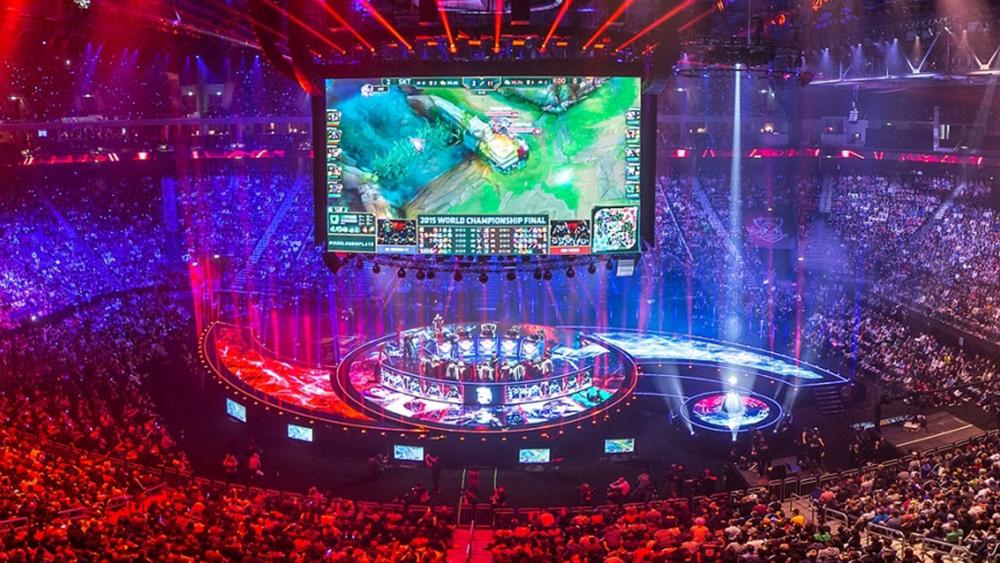It seems like a lifetime ago since ESPN president John Skipper declared that eSports was not a sport. “It’s not a sport — it’s a competition. Chess is a competition. Checkers is a competition… Mostly, I’m interested in doing real sports,” he told Re/code.
The broadcast company seemed to backtrack April of last year by televising the Heroes of the Dorm finals on ESPN2, marking the first time a collegiate eSport has been put on television. Then in the fall, former ESPN CEO Steve Bornstein was made head of a new eSports division created by game publisher Activision Blizzard, and has said that eSports are “larger than most major sports, and will grow to be bigger than all of them.”

All these events and more seemed to be building up to today’s announcement of ESPN Esports, a new vertical on ESPN.com dedicated to eSport event coverage from League of Legends to Halo. If fans have been waiting for a sign that eSports have gone mainstream, then this move by ESPN should be it.
However, ESPN Esports is really the latest in a long trend of growth, marked events like how TBS will air a Counter-Strike: Global Offensive tournament show in prime time this year, EA forming its own competitive gaming division, and how Activision bought out Major League Gaming to help further its own eSports plans. Not to mention the fact that former NBA starRick Fox bought a pro League of Legends team, and hosts of Inside NBA coming together to talk about eSports during this year’s CES. Shaquille O’Neal came out in defense of eSports as a sport by stating, “I heard the top guy say that the eLeague is the second biggest sport in the world today.”
Estimates show that the eSports could be worth $1 billion by 2017, and it’s not hard to see why. In 2015, The International DOTA2 Championship set records with a prize pool worth $18 million. The League of Legends World Championship 2015 final match is said to have drawn in 36 million viewers globally.
ESports has exploded into a major phenomenon, and it has reached a point where it’s no longer a question of whether or not it should be taken seriously as a sport. Instead, companies are wondering how far it will rise, and how to best take advantage of the industry as it continues to grow. One possible challenge is in the viewership make-up. As a July 2015 EEDAR report explains, the majority of viewers watch eSports to see high level competition and ways to improve their own game. However, only a minority of viewers are attached to any particular team or player, which is a distinguishing feature from traditional sports, where there are big stars and teams that are supported with great fanaticism.

